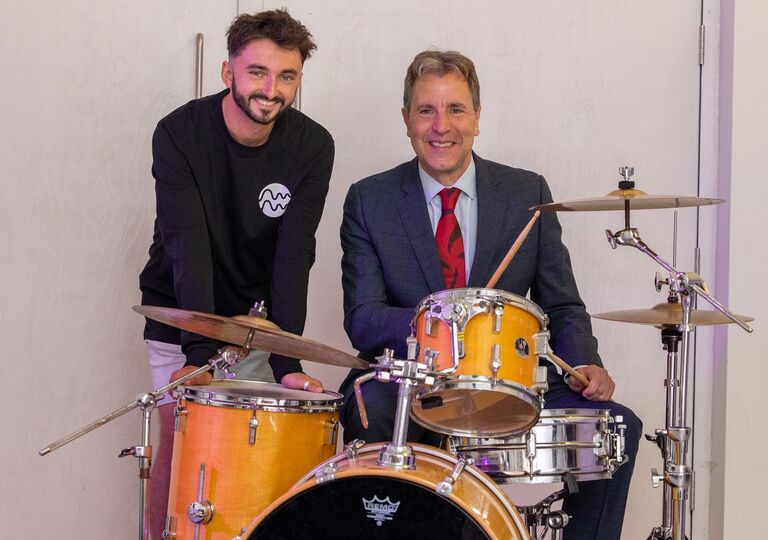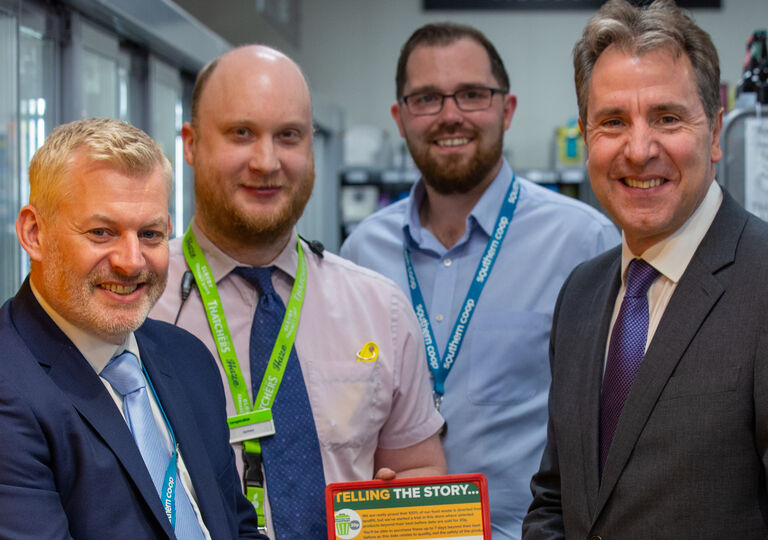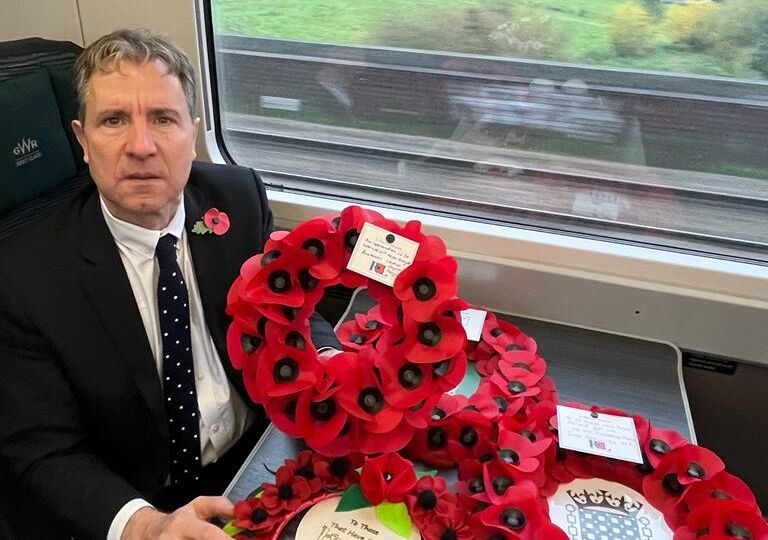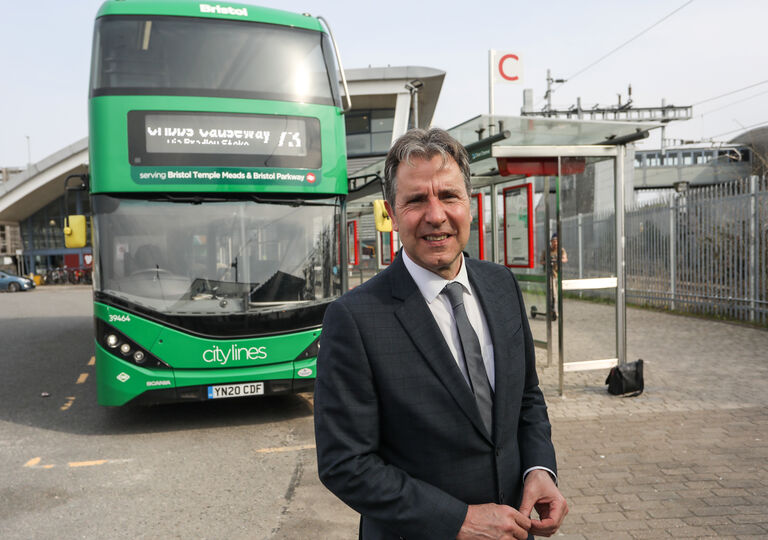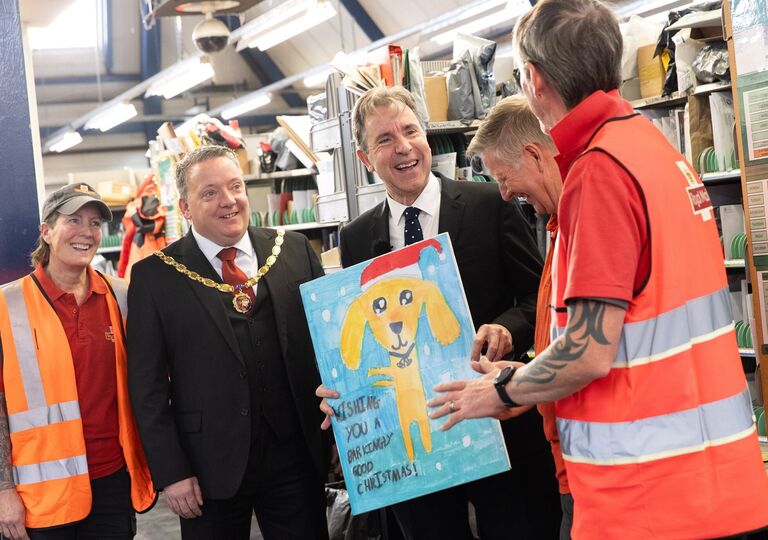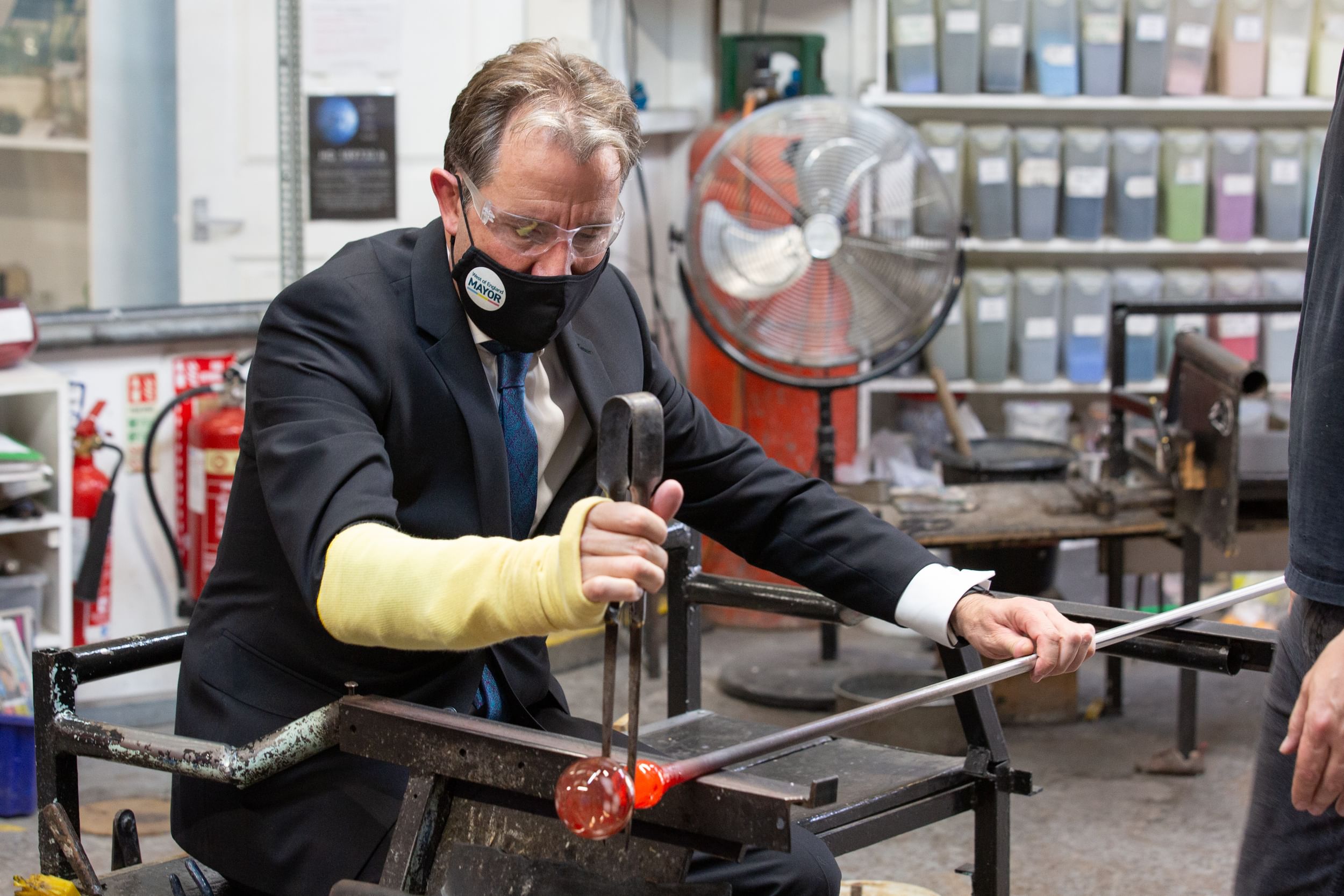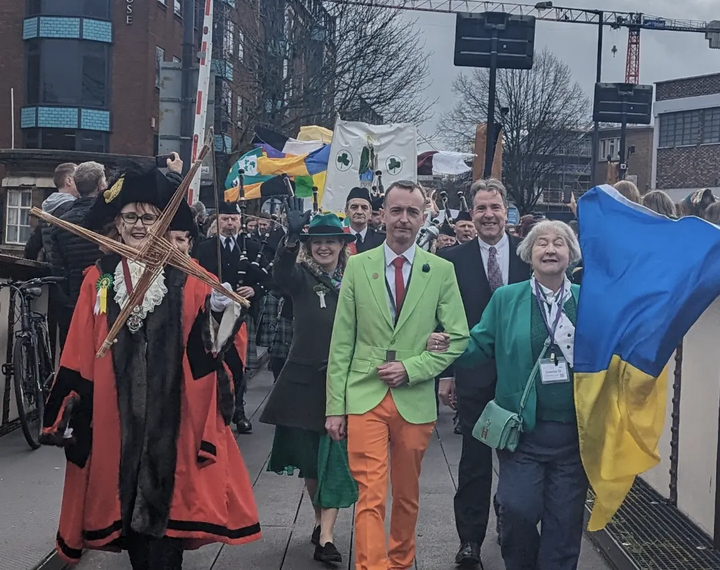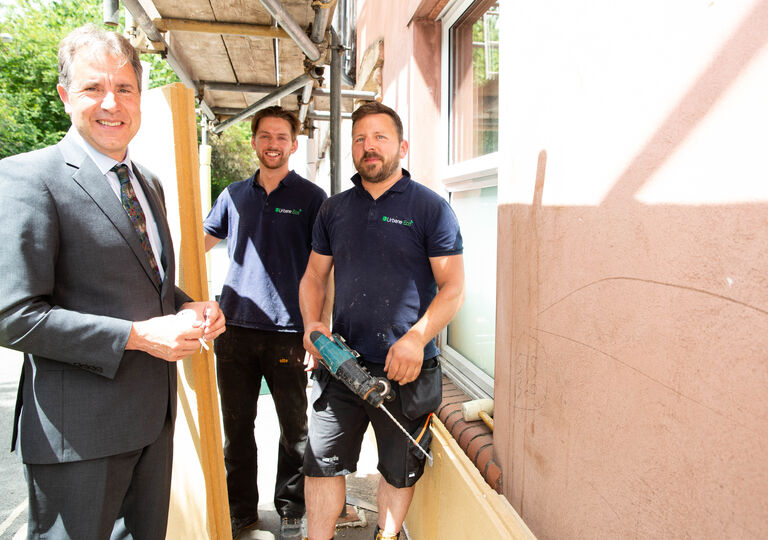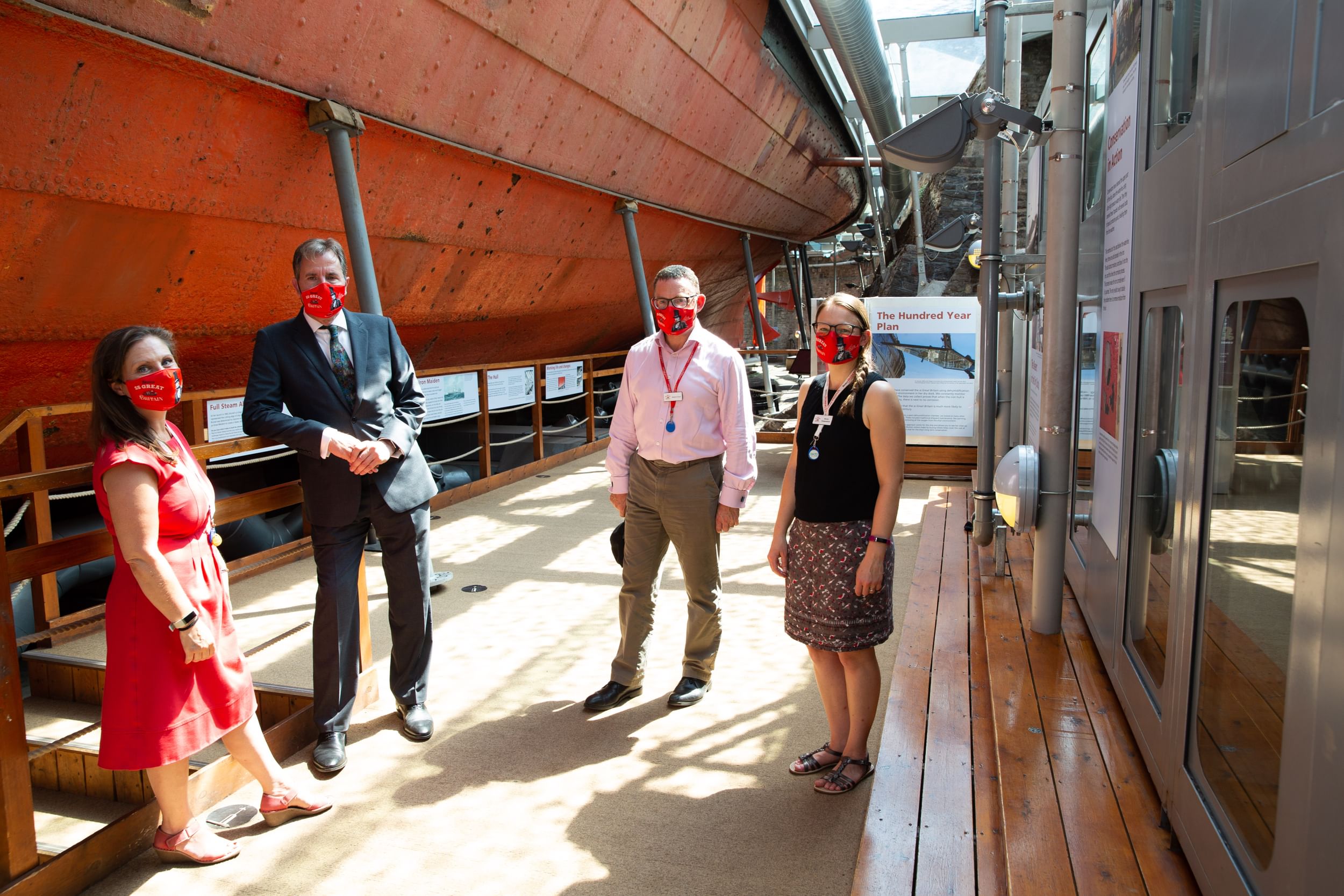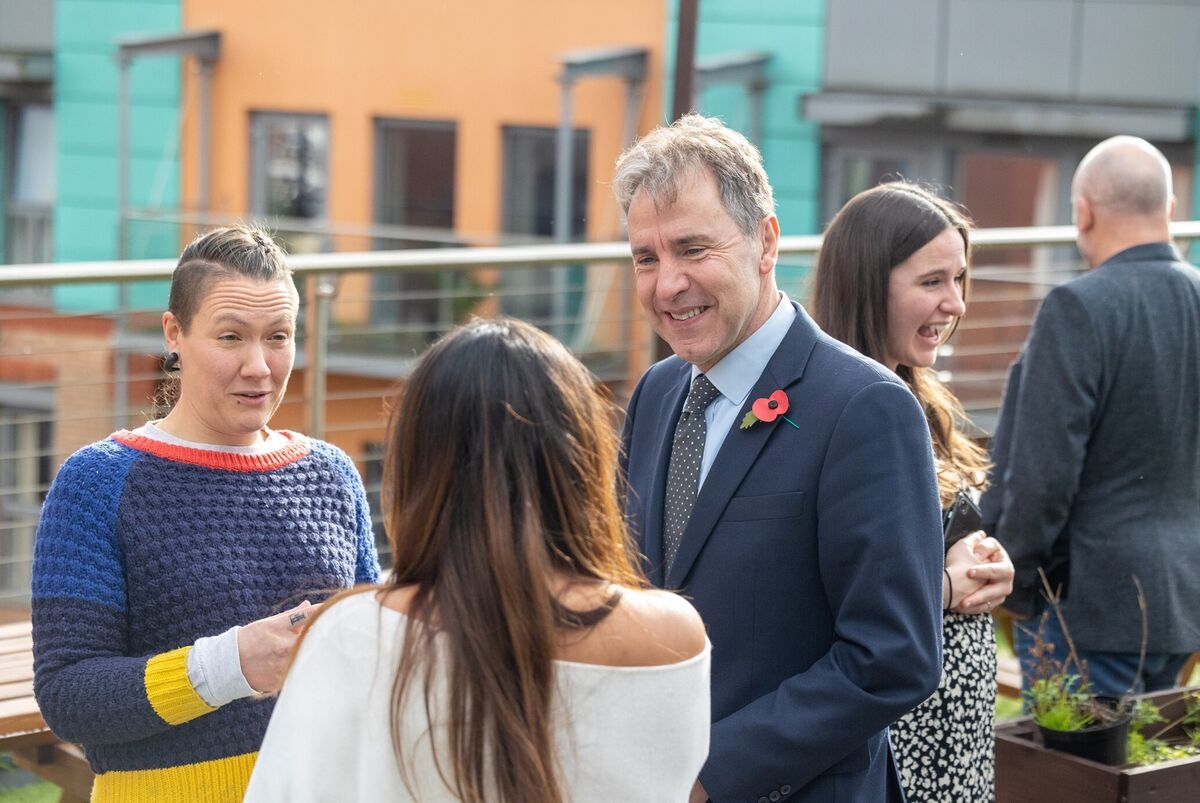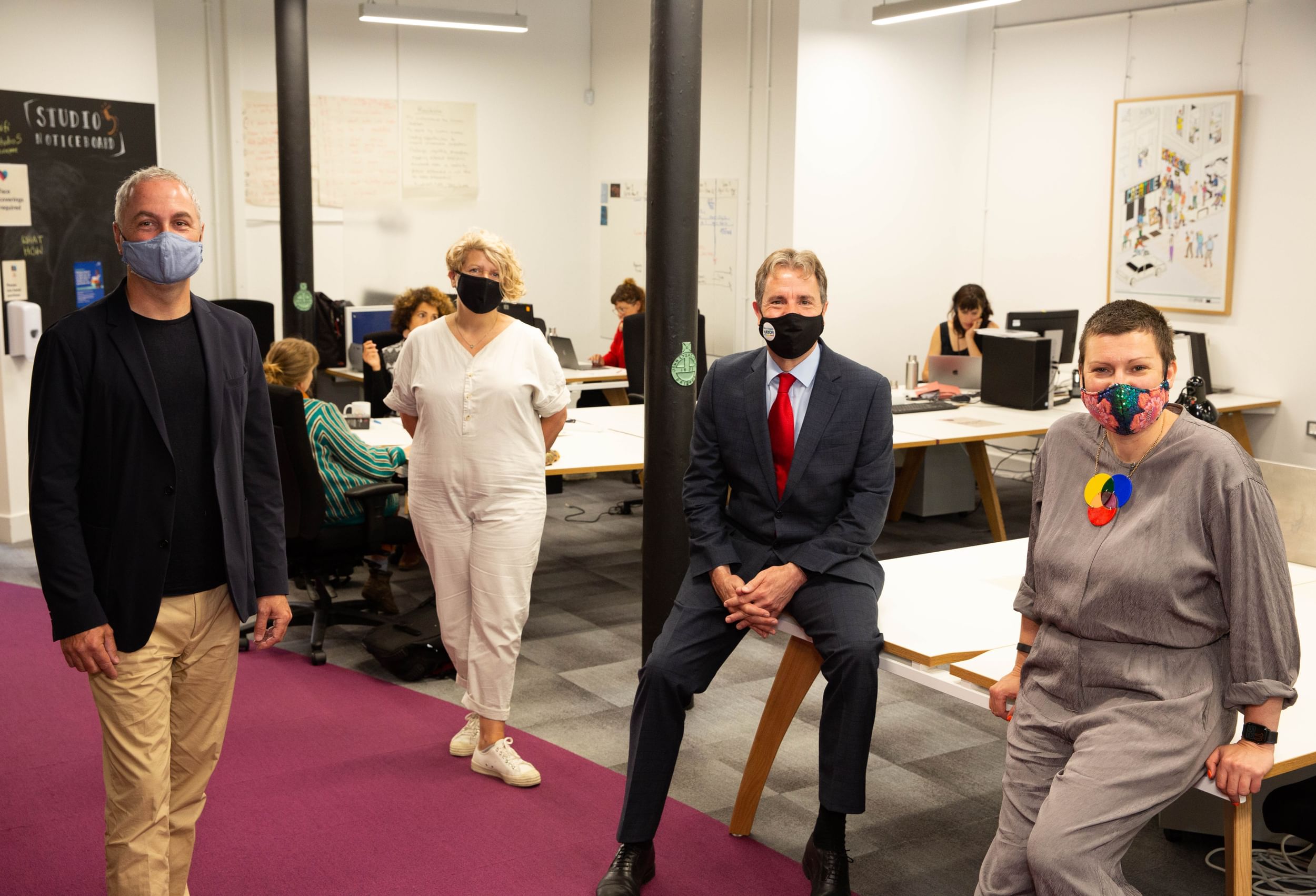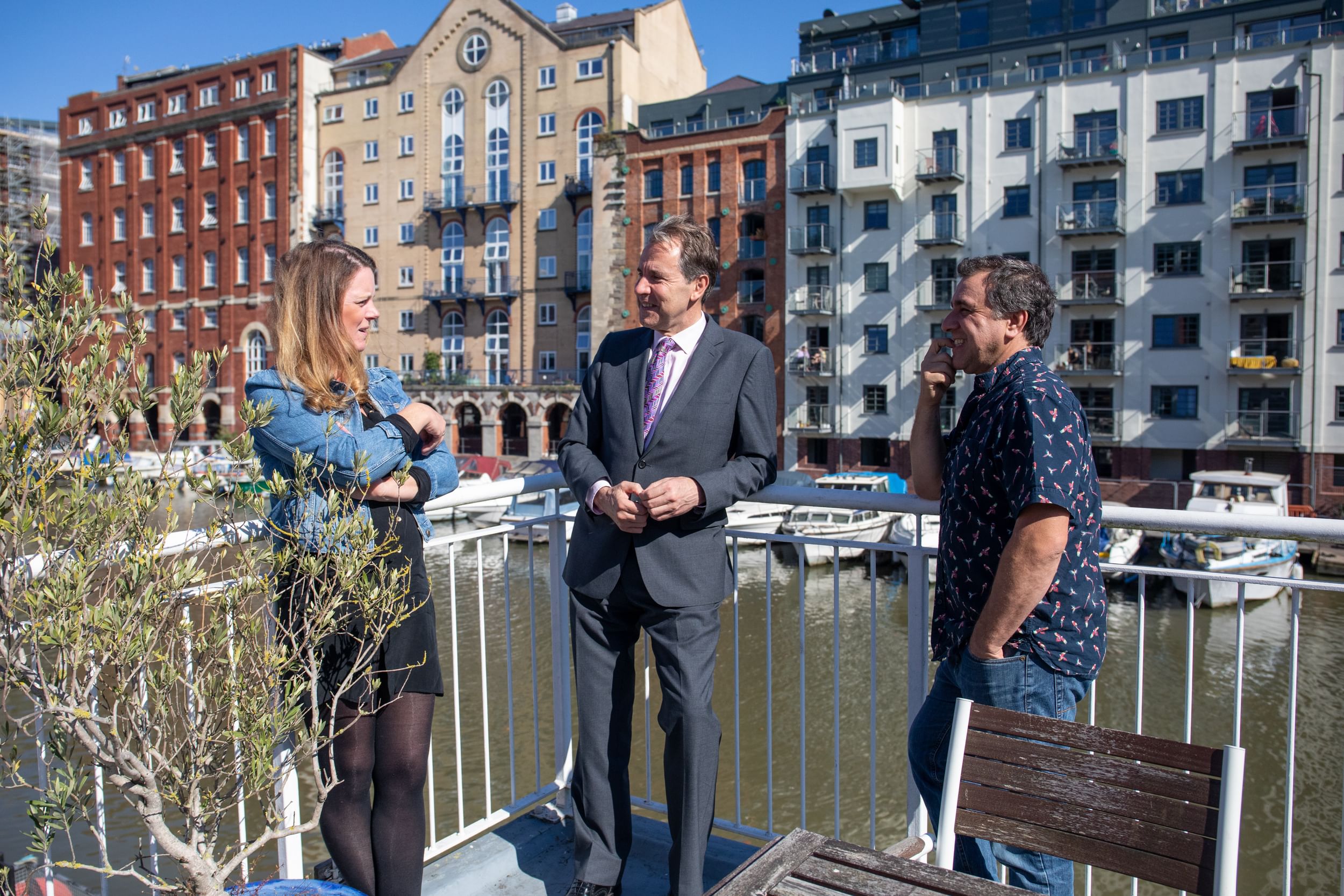Big Choices: Citizens’ Panel on bus services
A Citizens’ Panel of 40 local residents is being set up to help the West of England Mayoral Combined Authority make tough decisions about how to fund buses in the current economic climate.
To understand more about what the panel will be doing and why it is so crucial, some of the key information is outlined below.
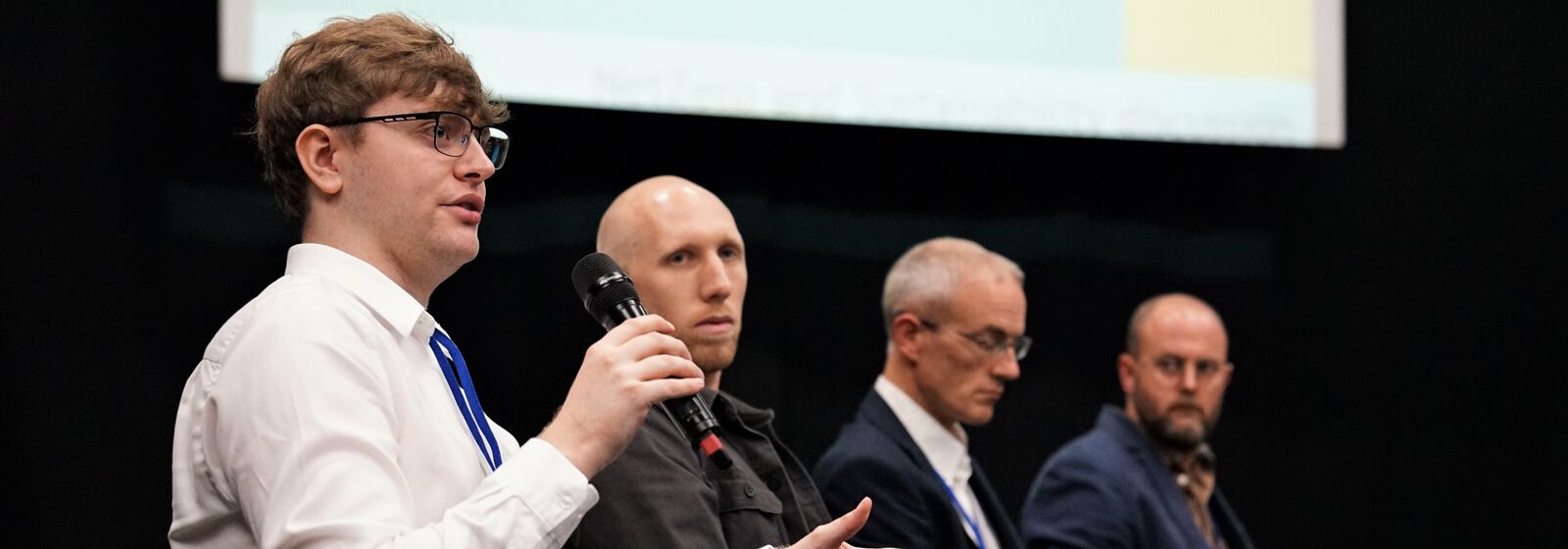
So, why a Citizens’ Panel?
We face big choices. Difficult choices. With a limited pot of money being constantly stretched, which bus services do we fund? What criteria should be used to choose? This is where the Citizens’ Panel comes in. A cross section of local residents are being asked to help create a formula which will guide how decisions are made in the future.
The panel is not looking at any specific services.
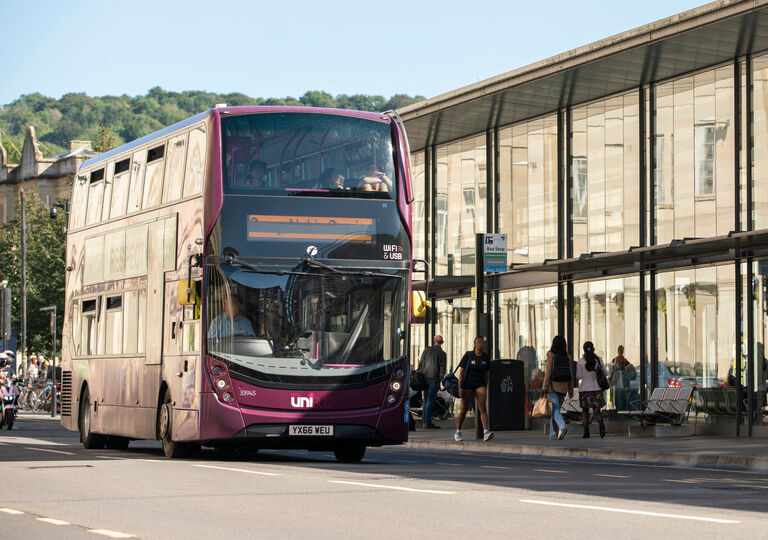
Who pays for bus services in the West of England?
Most bus services in the West of England are run ‘commercially’ by bus operators. This means they must make a profit to run and do not receive any public funding. A smaller number of services which are not commercially viable need a subsidy to run.
These loss-making services are known as “Supported Services”.
How exactly are supported services funded?
Funding for supported services in the West of England mainly comes from your council tax. Each of the local councils (Bristol, Bath, South Gloucestershire) agree how much they will pay into something called the “Transport Levy”. This levy is passed to the West of England Mayoral Combined Authority - which can’t collect taxes direct - and is used to fund supported services.
However, there is simply not enough money to subsidise all of the bus services people want. This has become even more of a problem recently due to rapid inflation.
Fuel costs, driver wages, maintenance, parts and materials have all gone up in price dramatically – meaning it is much more expensive to run bus services. In one case last year, the cost had risen by almost 60%.
There just isn’t enough money to go around in the West of England. The reality is that demand for bus services will always outstrip the funding available.
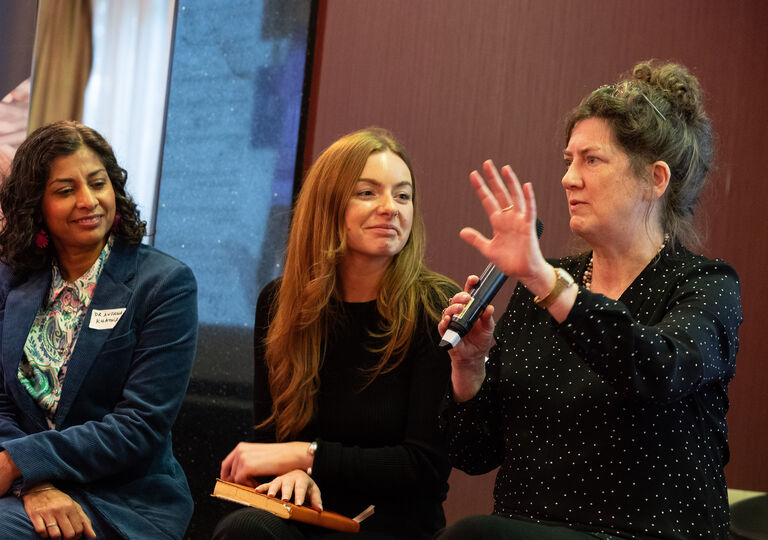
How is the Citizens’ Panel being selected?
12,000 households across the West of England were sent an invitation earlier this year. 40 people have been independently selected based on demographic data to ensure the panel contains a representative cross-section of residents.
When will it take place, and how will the process work?
The Citizens’ Panel will meet in two sessions in February. The panel is being asked to create a formula or set of recommendations about what criteria should be considered when deciding which bus services to fund. This is not related to any specific service.
They will talk about issues generally, discuss them with one another, and then make recommendations about how we should evaluate bus services.
A number of speakers including experts on buses, local organisations, community groups and businesses will talk so that the panel understand the issues fully. They will explain how the bus industry works, and how bus services can be vital for education, employment, leisure and tourism as well as individuals. There will be discussion, questions and tasks to make sure many points of view are considered.
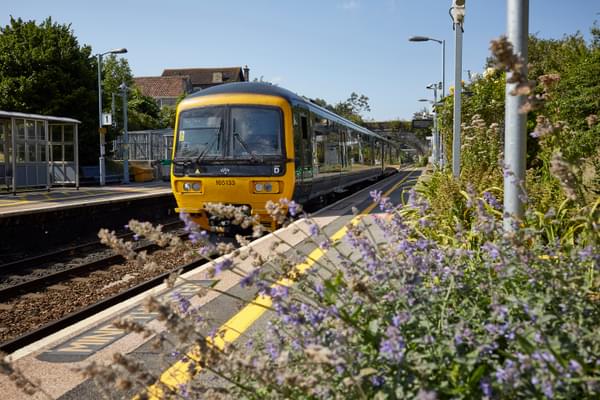
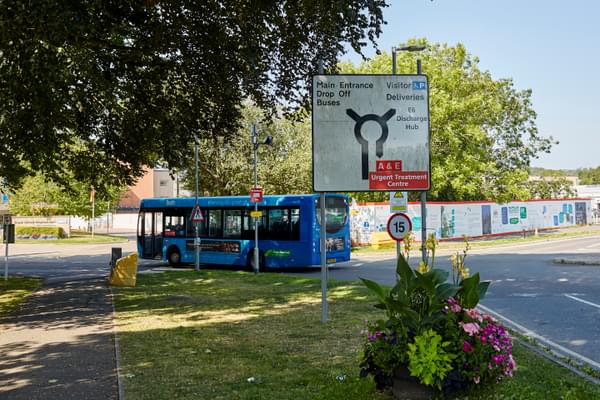
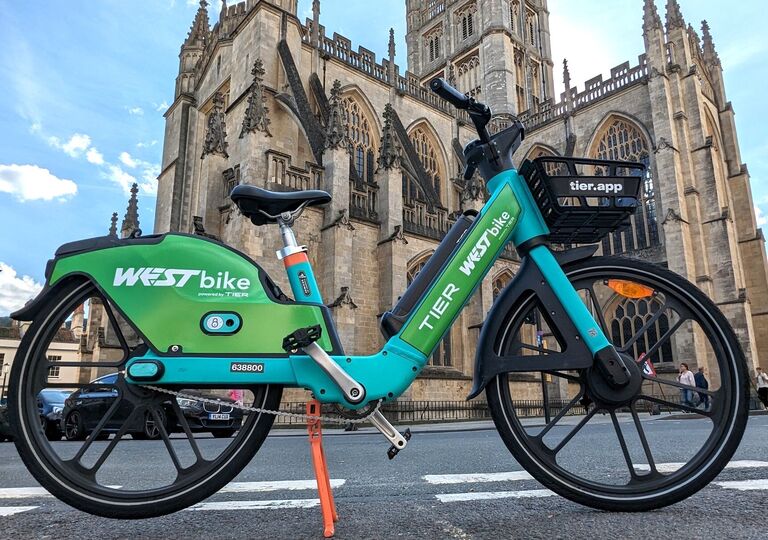
What will be the outcome?
We don’t know! The residents who make up the Citizen’s Panel will decide.
However, the aim is to get a list of criteria the panel think is important to consider and which should be prioritised. These will be presented to Metro Mayor Dan Norris and published on this website in the Spring.
Related Articles
Count